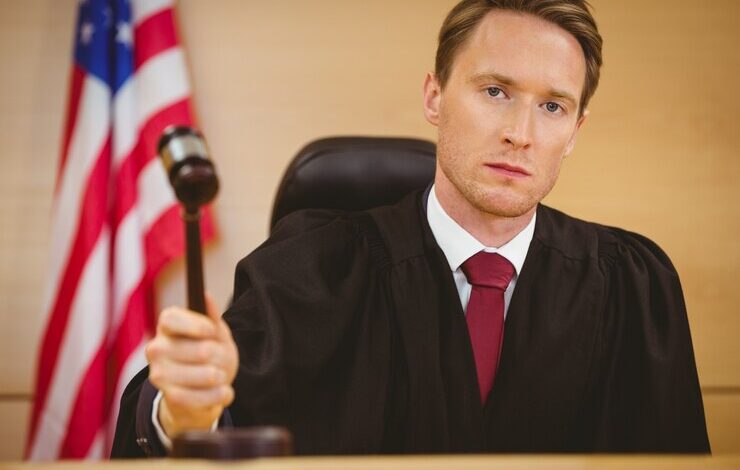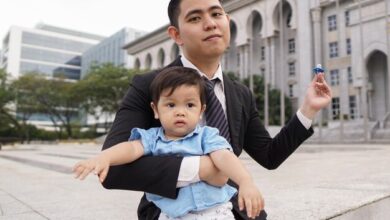
The Legal Storm Surrounding USC
In recent times, the University of Southern California (USC) has found itself in the eye of a legal storm involving C.W. Park. This lawsuit has captured the attention of the USC community, college students, and legal professionals alike. It’s more than just a headline; it’s a pivotal moment that could reshape the landscape of educational rights and responsibilities.
This blog post aims to dissect the C.W. Park USC lawsuit, offering insights into its background, legal implications, and far-reaching impacts. Whether you’re a student, a legal expert, or part of the USC community, this comprehensive analysis will provide you with valuable perspectives on this landmark case.
The Genesis of the Lawsuit
The C.W. Park USC lawsuit didn’t emerge overnight. It is the culmination of a series of events that have raised significant questions about accountability and justice within the educational sector. Understanding these events is crucial to grasp the full scope of the case.
C.W. Park, a respected figure within the academic community, found himself at odds with USC over issues that are now at the heart of the lawsuit. Allegations surfaced regarding unfair treatment and breaches of contract, prompting Park to seek legal recourse. The key players in this unfolding drama include Park himself, his legal team, and USC’s representatives, each playing a pivotal role in shaping the trajectory of the case.
Legal Implications of the Case

From a legal standpoint, the C.W. Park USC lawsuit is a complex web of arguments and counterarguments. At its core are the legal grounds on which Park has based his claims. These include potential breaches of employment contracts, wrongful termination, and issues related to academic freedom.
The outcome of this case could set significant precedents for similar lawsuits in the future. If Park wins, it could empower other educators facing comparable issues to seek justice. Conversely, a ruling in favor of USC might reinforce the current legal framework governing educational institutions. Either way, the case is poised to leave a lasting imprint on the legal landscape of higher education.
Impact on College Students
One of the most profound effects of the C.W. Park USC lawsuit is on the student body at USC. College students, especially those involved in academic and extracurricular programs, are keenly observing the case. The lawsuit raises important questions about student rights and the obligations of educational institutions to uphold these rights.
For students, this case is a stark reminder of the complexities and challenges that can arise within academic settings. It underscores the importance of being informed about one’s rights and the avenues available for seeking redress. The case also highlights the need for educational institutions to prioritize transparency and fairness in their dealings with faculty and students alike.
Community Response
The community response to the C.W. Park USC lawsuit has been varied and vocal. Public opinion is divided, with some rallying behind Park and others supporting USC. This division reflects broader societal debates about justice, accountability, and the role of educational institutions.
Within the USC community, the lawsuit has sparked intense discussions and even protests. Students, faculty, and alumni are all engaged in the conversation, each bringing their unique perspectives to the table. This heightened level of engagement underscores the significance of the case and its potential to bring about change within USC and beyond.
Conclusion
The C.W. Park USC lawsuit is not just a legal battle; it’s a pivotal moment that could redefine the dynamics within educational institutions. It serves as a potent reminder of the importance of fairness, transparency, and accountability in academia.
For those closely following the case, it’s essential to stay informed and engaged. The outcomes of this lawsuit could have far-reaching implications for college students, educators, and the legal community. By understanding its nuances and potential impacts, we can better appreciate the significance of this landmark case and its role in shaping the future of higher education.



